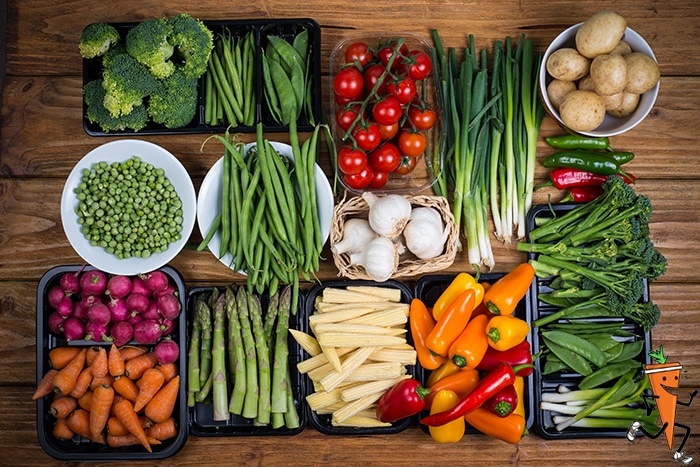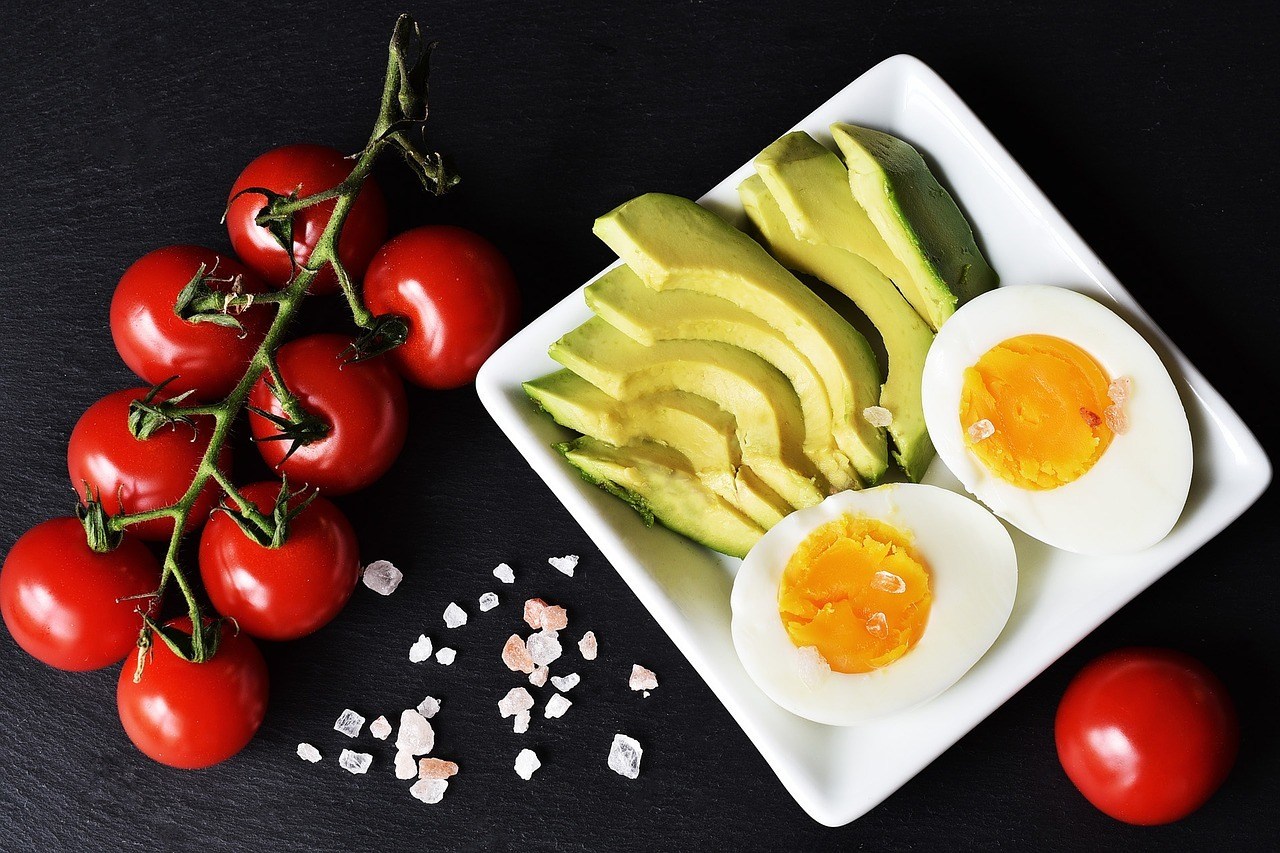Recently I was talking to a family member who stated they were now a Flexitarian. They’d just come back from a holiday and had ‘cheated’ their Vegetarian diet – they couldn’t resist the local delicacies! There are just too many ‘-arian’ diets these days; it’s just too hard to keep up.
One diet/lifestyle that has recently been seen more often is the plant-based diet. When I first heard the term, I just assumed it was a fancy way of saying you’ve become vegan. Yes, they have been shown to be good for our health, however many are reluctant to cut meat from their diet. After researching it further, I can say that it doesn’t mean you’re going to become vegetarian/vegan anytime soon. A plant-based diet is classified as one that is high in vegetables, wholegrains, fruits and legumes, whilst still consuming some lean meats and dairy. See, NOT a vegetarian diet. Basically it’s just about having a balanced diet.
I’m going to throw in a few statistics, to change it up a bit. In 2013, the World Health Organisation found that 5.2 million deaths were attributable to inadequate vegetable and fruit intake around the world. Fruit and veg are important in our diets, as they have been found to reduce the risk of noncommunicable diseases. This includes cardiovascular disease and even some cancers. A study performed by the CSIRO found that, of nearly 150,000 Australian adults, only 24% of women and 15% of men were eating their 2 and 5 each day.
There are a lot of opinions on what can be eaten if you’re following a plant-based lifestyle. Here are some tips/thoughts on introducing plant based eating:
– Eating a plant-based diet, that is rich in wholegrains, fruits and vegetables can help slow or even prevent various processes of disease. Including those that begin long before a diagnosis is made.
– Nutritional advice is centred on nutrients (shocking, I know), so we can focus a lot on making sure we have enough iron, zinc, calcium etc. However if we eat a balanced, whole diet-eating pattern, we will get almost all the nutrients we require.
– Plants are rich sources of several nutrients, including fibre, vitamins (such as vitamin C) and minerals (like potassium).
– If foods are processed, they tend to lose their nutritional benefits. For example, having an orange is better than a glass of orange juice. Or wholegrain bread is better than white bread.
– It is common for people to hear ‘plant-based diet’ and assume no meat is consumed. Then the next question is how do you get protein (as a vegetarian I can confirm it’s an annoying question)? Remember that protein is found in other sources, such as eggs, tofu or legumes. Having a few meat-free meal each week is a good idea, even just to introduce new foods into your diet.
– It’s important to remember that if you want to pick up a plant based lifestyle, to not omit any food groups.
– Of course, people have opinions on what it is and isn’t. Talk to one of our Dietitians if you want more info on what it could mean for you.
Enjoy colourful, minimally processed meals (no I don’t mean a bowl of Fruit Loops is colourful enough!). Including a few different vegetables, some grains and some protein, vegetarian or not, is just called a good balanced meal. I want it to be known that I’m not saying you need to throw away all meat and dairy from your fridges and adopt a plant-based lifestyle. All I’m saying is that from the stats I talked about earlier, I’m sure we could all do with adding a little more fruit and veg into our lives!







